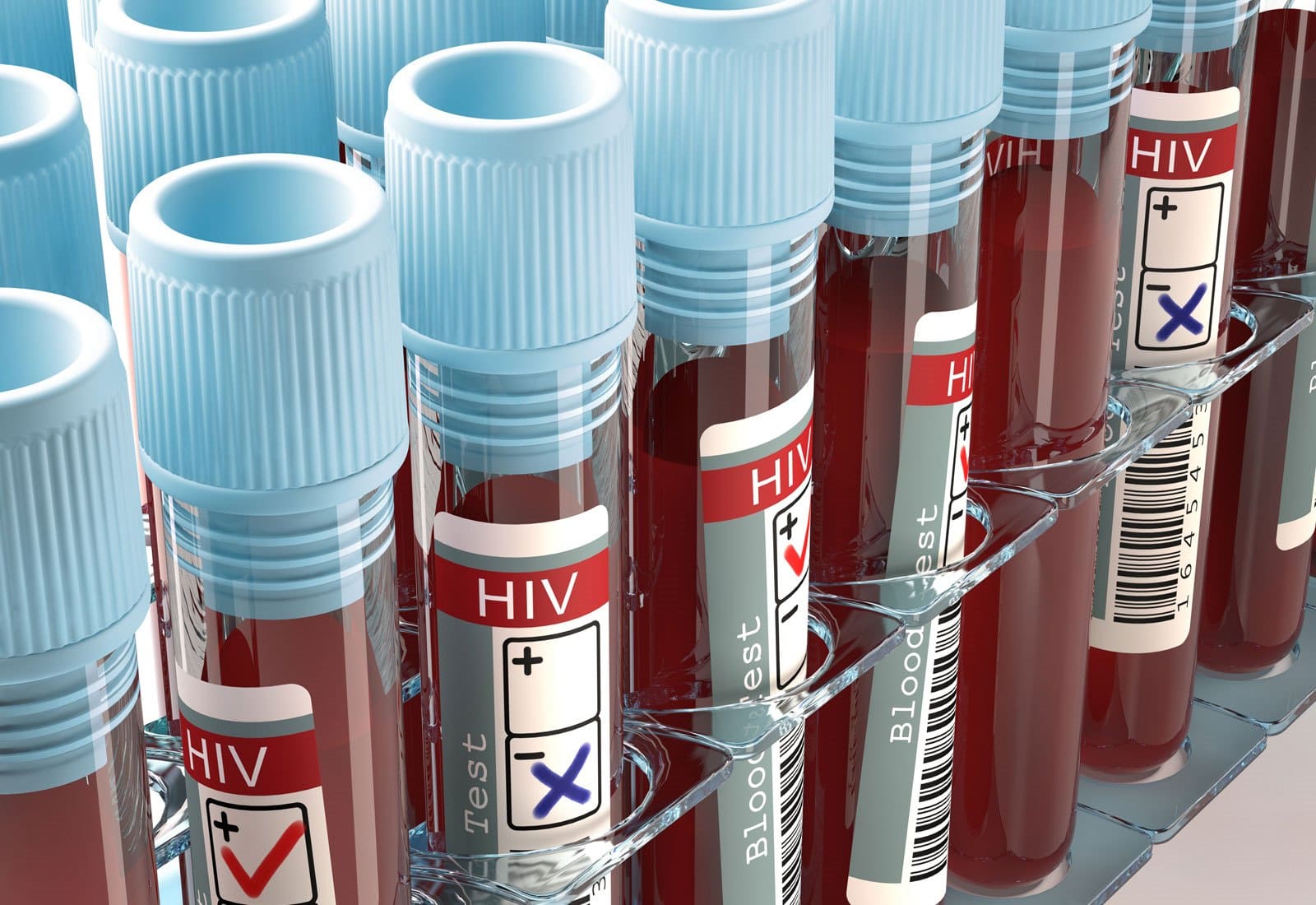American Gene Technologies (AGT), a clinical-stage biotechnology company, announced treatment of the first participant in its Phase I clinical trial to evaluate safety of the cell and gene therapy product AGT103-T. Designated as the RePAIR trial (Restore Potent Antiviral Immune Responses, NCT04561258), participants are infused once with their own CD4 T cells that were enriched, for cells capable of reacting to HIV, and genetically modified to resist infection. The first infusion took place at Washington Health Institute, Washington, D.C. on May 19.
This is a first-in-human study for AGT103-T. The primary endpoint is safety; testing related to secondary endpoints evaluates responses to treatment including changes in the immune response to HIV. Participants treated with AGT103-T will be followed for 6 months in this safety study before enrolling in an FDA-mandated 15-year long-term follow up required for all gene therapy trials. Enrollment, product manufacturing, and treatments are ongoing at AGT’s clinical trial sites.
“Treating the first person with our product is an important step forward and the culmination of design, development, manufacturing, and approval of the product for human testing. We believe this therapy is capable of changing the body’s ability to fight HIV and the first-in-man study signals the first step to understanding what we can achieve with this innovative approach,” said Dr. C. David Pauza, Chief Science Officer.
“This project represents a major step forward in the potency of an approach that has significant theoretical and empirical momentum within the HIV cure scientific community,” stated CEO Jeff Galvin. He continued, “now that we have seen some evidence that the treatment can be tolerated by patients, I believe we will soon see efficacy signal that will be convincing to the scientific community that the cure for HIV has been achieved or is tremendously close. I couldn’t be happier or prouder of the team. I am exceedingly optimistic about the future of this cell therapy and AGT’s eventual contribution to the treatment of HIV.”

